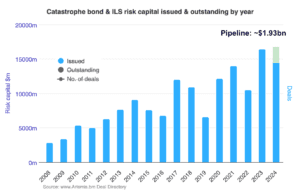It's the perfect time for a Corvette sub-brand, because the true Corvette is dead

Last year, as a favor to a friend, I took a 2021 Chevrolet Corvette on a three-week, 4,000-mile road trip. I discovered Detroit-style pizza and Maryland crab cakes. I found Texas has a ton of dry precincts. I saw Memphis surrenders its highways at night to Dodge Chargers doing eight times the speed of sound. And I realized that now — or soon, according to rumor — is the perfect time for GM to turn Corvette into a sub-brand of various body styles. Because the most important thing I learned during that trip is this:
The C8 isn’t a Corvette.
Is the C8 Corvette a terrific car? Yes. Do I have a few small grumbles? Yes. Can those grumbles be heard over 6.2 liters of Team America dynamite? No. In fact, the C8 is such combustible fun it deserves to be spread among new body styles.
I am only saying it’s not a Corvette. Meaning, it has sacrificed almost everything that made the Corvette an American icon, the antithesis of a certain German icon Corvette owners historically loved to pour ketchup on. And I know this because I own a 2001 Corvette Z06, which is a Corvette.
My first argument: Price. MSRP comparison has always been the go-to shock-and-awe attack on every coupe boasting similar performance. It’s the correct tactic as well, scoring the first three points. Not only did the ‘Vette win the MSRP limbo, the cost showed that the guy and gal down at the plant or the lower managerial cubicle gopher could save their money and get a Corvette in the driveway in not too long. Why pay more, they’d ask, when you could get better performance and more room and cheaper, easier maintenance for less? “And then,” they’d say, “we’ll beat that foreign junk all day in the quarter!”
Those days are almost gone.
I’ll start by giving kudos to GM’s restraint with Stingray pricing. The Stingray MSRP has gone up $4,505 in three years. When less interesting models are increasing by that much in a single year, The General deserves credit.
Here’s the yin of that. The MSRP of a 2001 Corvette was about $48,000. According to the U.S. Bureau of Labor Statistics, the inflation-adjusted price is $67,586. (The 2023 Stingray starts at $64,500.) Here’s the yang. A Z06 cost about $56,000 in 2001. The inflation-adjusted price is $80,631. The MSRP spread in 2001 currency was $8,000. The inflation-adjusted spread is $13,000. With today’s Z06 starting above $105,000, the spread is $41,000.
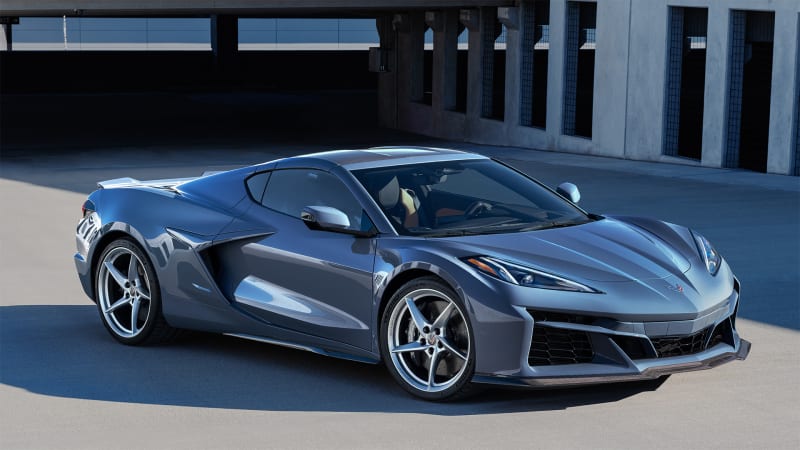
It took from 1953 to 2009 to get a Corvette trim over the six-figure barrier, the ZR1. The three remaining trims stayed behind to defend the five-figure argument. Some very expensive tables have turned since then. The new E-Ray, which replaces the Grand Sport trim, starts above $100,000. Already, double the number of Corvettes live above $100,000 as live below. It’s only going to get worse for the not-yet-tycoon-or-influencer. The ZR1 trim is expected to be a double-boosted Z06, its MSRP perhaps another year of mortgage payments beyond the low-six-figure Z06 and E-Ray.
Then there’s the rumored 1,000-horsepower hybrid rumored to be called the Zora. Forget about the price, it will be cheaper to buy a new Z06 than pay the ADM on this one. And with it, come 2025 or 2026, there will be four Corvette trims that cost more than $100,000 compared to one trim below — and that one trim will be closer to $100,000 than it is now.
Related:
See what’s happening? The Corvette pool is being filtered to suit a different kind of fish. So get that tetra in the plastic bag out of here, kiddo. This is a Koi pond now.
My second argument dovetails off price: DIY-ability. Part of Corvette lore is garage tinkering, the grubby wrenching Porsche and Ferrari made too complicated and/or expensive for the average garagiste. I can park my car in my front yard (I wouldn’t), put it on cinder blocks (I really wouldn’t), remove the hood, pull the engine, drop the transaxle, and take the car down to the body-in-white for a rebuild if I choose. That’s not happening on a C8 without a four-post lift. Want an oil change and two wiper blades for your C8 at a dealer in Dallas? That will be $185.80, thank you. You want to clean the air filter yourself? No problem. Just remove the trunk.
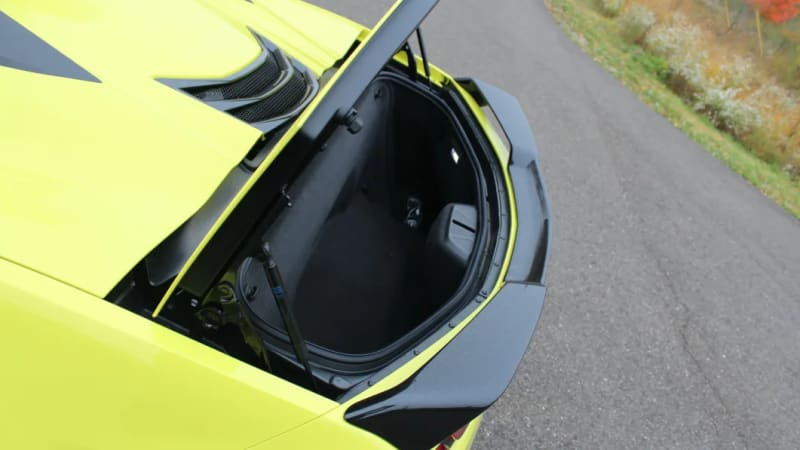
I repeat. Remove the trunk.
In fact, it feels more natural to write, Kein Problem. Einfach den Kofferraum entfernen, because that one-two could have come straight from Stuttgart on a Lufthansa nonstop.
Admittedly, by the C7 era, you’d want a lift for transmission work as basic as replacing fluid, but you could get around it. Wouldn’t be fun, but you could do it. The C7 engine’s still fair game, though — jack stands and a hoist will handle everything.
For my final argument, there’s the matter of cubic feet, i.e., room for cargo human and otherwise. This is where you learn the value of an inch.
After convincing your knees to bend you into the flea-high seating position of a C5, you’d find the car roomy in three dimensions for anyone within a haircut of 6’2” and within a steak dinner of a 44-inch waist. The C8’s fine but noticeably cozier, giving up 0.9 of an inch of shoulder room and 2.4 inches of hip room to the C5. That’s like someone who wears jeans with a 38-inch waist putting on a pair of 36s. It can be done. But he’ll notice.
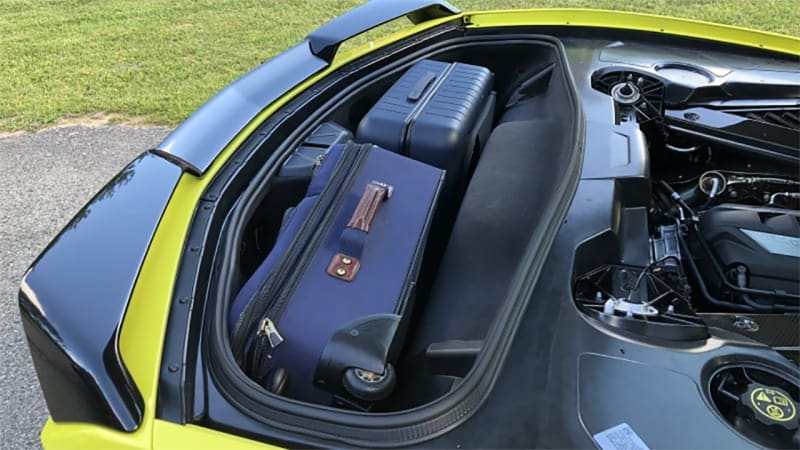
It’s worse for cargo. The base 2001 Corvette could swallow 25 cubic feet of cargo thanks to its hatch. The hardtop and trunk on the Z06 shrunk that to 13.2 cubic feet in one square-ish space. The C8 needs a frunk and an odd polygonal trunk to hold 12.6 cubic feet. Colleague Zac Palmer wrote that 12.6 cubes “translates into plenty of luggage space for a two-person road trip.” I need to get his luggage recommendations or his packing tips or his road trip agenda. I had to play Tetris in the C8 to store the same bags I throw into the C5 without thought.
The E-Ray? That won’t even hold 12.6. It might end up being more than the 9.8 cubes of cargo room allowed in a Porsche 911, but it won’t be an old-school Corvette.
The Corvette grew its global icon status with decades of good looks (give or take a few years), being aspirational yet within reach of the average hard-working punter (yes, compromises were made), ease-of-use and maintenance, American-style roominess, fantastic performance-per-price, and running an easy-to-upgrade drivetrain and chassis that could stay with or outrun cars costing oodles more.
The base C8 Stingray keeps weak hold on those tenets of the old religion (looks, price). Every other trim has fled the temple.
The modern Corvette from Stingray on up is a proper mid-engined sports car in the same European mold that previous Corvettes earned their reputations antagonizing. It died a hero. And it’s lived long enough to become the villain.
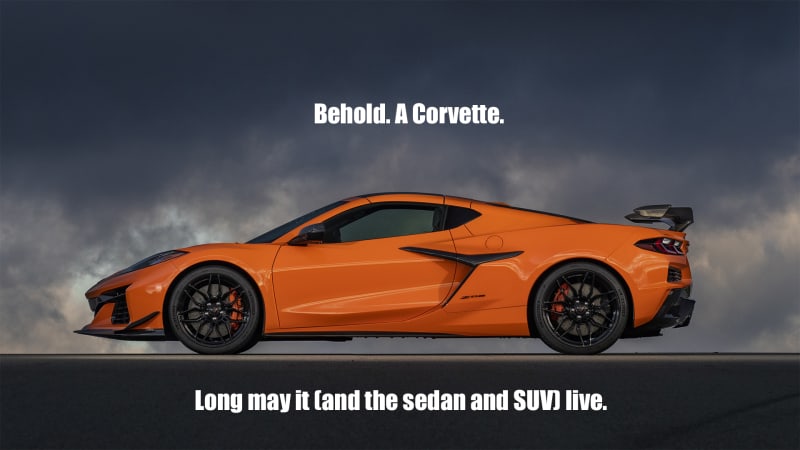
So bring the sub-brand, because the Corvette is dead.
Long live the Corvette. Sorry, Corvettes.



